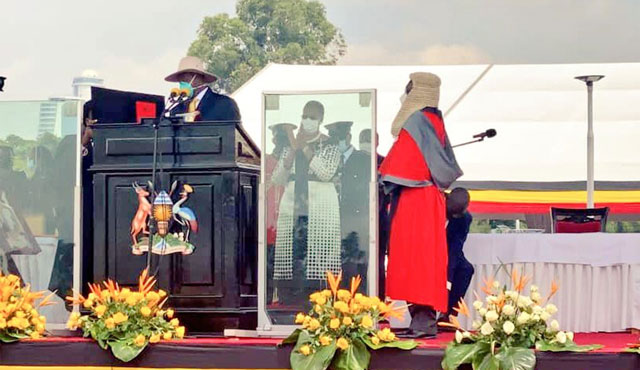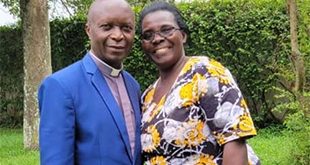
Kampala, Uganda | THE INDEPENDENT | Players within the education sector have suggested that the government should first increase capitation grants before scrapping charges levied on parents in institutions implementing universal education.
This followed a pronouncement by President Yoweri Museveni, during his inaugural speech as he starts a new term, that no school will be allowed to charge extra fees from the parents. He said that although education is free, some children fail to access it because of additional charges.
However, educationists have questioned the practicability of the proposal to scrap the said fees yet the government has failed to provide adequate money in capitation grants to cover school budget deficits without the additional funding from parents
Issa Matovu, an educationist and former chairman of the National Conference on Primary Teachers’ Education, says that without addressing issues that led to the collection of the said fees, any decision to the contrary will worsen the quality of education across the country.
“Unless government increases funding in terms of grants sent to schools, the president’s directive might end up bringing the schools to their knees. I have not heard them increasing the capitation grant in the recently passed budget. The proposal is not practical at all, ” Matovu added.
Filbert Baguma, the Secretary-General of the Uganda National Teachers Union-UNATU, notes that one of the reasons why Parent Teachers’ Associations-PTA agreed to put in place extra charges was to bridge gaps that are caused by limited funding to the institutions.
Each pupil in a government-aided primary school gets 17,000 Shillings per year while secondary schools get 88,000 Shillings for each A-level student and 55,000 Shillings for O-Level students as a capitation grant per term. According to the Ministry of Education, the non-wage (capitation grant) transfers to schools are used on instructional materials, co-curricular activities, school maintenance, and payment for utilities such as electricity and water, among others.
However, many schools decided to put up the charges to cater for expenditures on the uniform, lunch, and the Parents Teachers Association- PTA fees which are used to pay teachers hired on private arrangements, among other items.
Baguma says the funds that are sent to schools cannot fulfil even half of the needs available in schools. He adds if the president wants to achieve total free education, his government must prepare not less than 40,000 Shillings for primary school pupils.
This is not the first time such a proposal is tabled. For a long time, President Museveni has criticized the said extra-charges and ordered Resident District Commissioners to arrest headteachers who impose them. However, whenever the question of raising capitation is raised, the government has always shied away from the debate.
The Universal education policy was introduced in 1997 starting with primary level to enable all children from poor background access to education. The policy required parents to contribute scholastic materials such as books and pens while the government pays teachers’ salaries, instructional materials, and infrastructures.
*******
URN
 The Independent Uganda: You get the Truth we Pay the Price
The Independent Uganda: You get the Truth we Pay the Price


